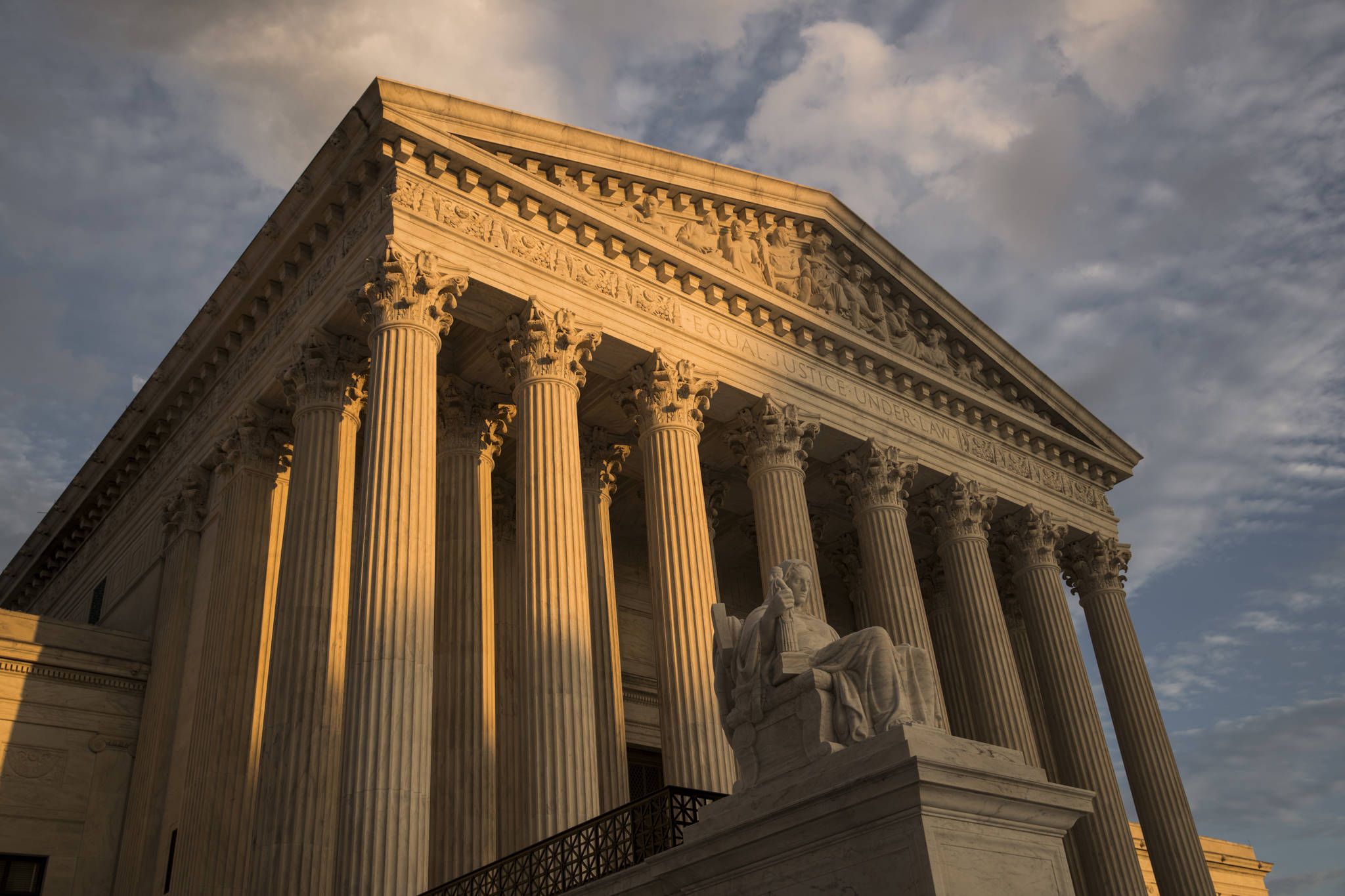WASHINGTON — The Supreme Court ruled Tuesday against an Alaska resident in a case that gives law enforcement officers significant protection from people who want to sue and claim they were arrested in retaliation for something they said or wrote.
In an opinion, the justices said that because the officers had probable cause to arrest Russell Bartlett, his lawsuit fails.
Bartlett was arrested in 2014 at Arctic Man, an annual, weeklong winter sports festival that draws thousands to the remote Hoodoo Mountains near Paxton, Alaska. In his opinion, Chief Justice John Roberts described the festival as “an event known for both extreme sports and extreme alcohol consumption.”
“The mainstays are high-speed ski and snowmobile races, bonfires, and parties,” he wrote, adding that for that week the “campground briefly becomes one of the largest and most raucous cities in Alaska.”
Bartlett was arrested for disorderly conduct and resisting arrest after exchanging words with two troopers investigating underage drinking during the event. Officers said they arrested Bartlett, who had been drinking, because he initiated a physical confrontation by standing close to one of the troopers and speaking in a loud voice.
The charges against Bartlett were ultimately dismissed, but Bartlett sued claiming his arrest was retaliation for comments he made to the officers.
The court rejected Bartlett’s argument, ruling that when officers have probable cause for an arrest, the person who was arrested generally can’t sue and argue that their arrest was retaliation. Roberts wrote that if Bartlett’s arguments were to prevail “policing certain events like an unruly protest would pose overwhelming litigation risks.”
“Any inartful turn of phrase or perceived slight during a legitimate arrest could land an officer in years of litigation,” Roberts wrote.
The court did add one qualification to its ruling. The justices gave the example of a person who has been complaining about police conduct who is arrested for jaywalking, which rarely results in an arrest. The justices said in a case like that, if the person can prove that he was arrested when other jaywalkers had not been, he could move forward with a retaliatory arrest lawsuit.
One of Bartlett’s attorneys, Kerri Barsh, said she was disappointed with the outcome for her client. But she said she was pleased the court acknowledged there was at least a narrow category of cases where the fact that probable cause exists doesn’t close the door to lawsuits. “The facts mean a lot in these cases,” she said.
Bartlett had been supported by numerous First Amendment and media organizations, including The Associated Press. The case is Nieves v. Bartlett, 17-1174.
• This is an Associated Press report by Jessica Gresko.

